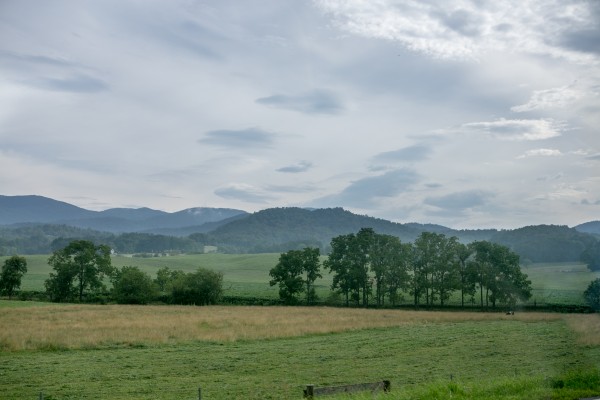Urban to Rural – 10 Things to Consider When Making the Transition
By Deborah Rutter
If you’re like many families, you may be considering a move toward a more rural lifestyle. Living closer to nature with better access to local foods, shopping with independent merchants, and a more attentive school systems are just some of the benefits. Families are drawn to the slower paced life that urban areas and agricultural homesteads can provide.
But it all starts with finding the right place. If you’ve lived in urban and suburban environments, what do you look for, and where do you start? How do you evaluate properties?
Begin with finding a local real estate agent who concentrates on rural properties in the areas you’re interested in searching. They can give you overviews of the area and help guide you in your decisions to be sure your vision matches what’s available. For example: if you want to raise livestock, you’ll need to be sure that areas you’re considering are appropriately zoned for that activity.
Next, comes searching for property. In this two-part series, we’ve compiled a list of 10 factors that you should consider as you search for a property with an existing home. (If you’re interested in purchasing undeveloped land, some of these tips will still apply.) Let’s take a look at the first five factors:
1 – Your Driveway: Often overlooked, but depending on how it will be used, it’s critical. If you don’t have a four-wheel drive car, and are considering a long, steep driveway in a place that snows early and often throughout the winter, will you be able to get home? If you’re working away from home, you’ll need regular plowing. If you do it yourself, you’ll need extra time and equipment. If you have someone else do the work, they may not always be able to reach you in a timely manner. If the driveway is not paved, you’ll need to likely have it maintained (depending on the length and how it is used) with mechanized grading and extra gravel brought in regularly, which adds to your annual expenses. If you’re going to be employing heavy machinery for work around your home, you need to be sure that you have good access street, aren’t on a blind corner off a busy road where fast traffic can be dangerous, etc.
2 – Your Neighbors: Many rural properties have at least some neighbors. Consider them as part of your landscape. Talk to your potential neighbors before purchasing. Many rural places are like urban neighborhoods and loud machines, barking dogs and other nuisances are not appreciated. Unless you’re buying hundreds of acres on a mountain top with no one in sight, consider your planned activities and chat with neighbors to get a feel for the area and what may bring concern.
3 – Your Kids: If you have kids (or are planning to) and believe that kids should have access to unstructured activity outdoors, rural living may be ideal. If your kids are involved in loads of evening and weekend activities, sports teams, or have an active and busy social life, carefully consider the impact that will have on driving times for play dates and other activities. You may not have kids of similar ages within walking/bike riding distance.
4 – Your Pets: If you have domestic animals, moving to a rural location may be ideal. Cats who are indoor/outdoor may love the additional places to roam, and dogs who are off-leash trained will appreciate running free. But keep in mind that fast-moving traffic, larger predators and local hunting seasons can all have a dramatic impact on longevity when compared to a more protected urban environment. Also remember that things like fleas and ticks differ in type, activity, and lifecycle in various locations, so if you are moving, ask your new, local vet what they recommend for protection.
5 -Your Bugs: If you’ve lived in cities most of your life with pest control and closed windows, moving to the country can be quite a wake up for some. Insects and spiders are everywhere and can be more difficult to control, depending on your vigilance, the age and style of your home, etc. Some people welcome the connectedness with nature, others not so much. If you’re allergic to bees, find out about the local activity (and if your neighbor is a beekeeper). In many places, termites and other wood destroying insects are problems that can be more prevalent and more noticeable. Ask your real estate agent what kinds of local pests are problematic. Contact the local extension office to help you figure out which are harmful and which are beneficial. Pesticides and insecticides can wipe out everything, which can impact the balance of your garden and result in other bugs becoming more of a problem.
Click here to see the Part 2 to view the next five factors that you’ll want to consider as you search for the perfect rural property.
Deborah Rutter is an Associate Broker at Nest Realty with passion for teaching. She knows buyers and sellers make the smartest decisions for themselves when they are armed with data and insight. She has taught first-time homebuyer education classes, and is a featured contributor on our blog. Check back for insights and advice or contact Deborah directly to discuss your buying or selling needs.

Uptown Apartments
Written on
A big city offers opportunities not found in rural areas. If you’re looking to relocate, consider the advantages of living in a big city.